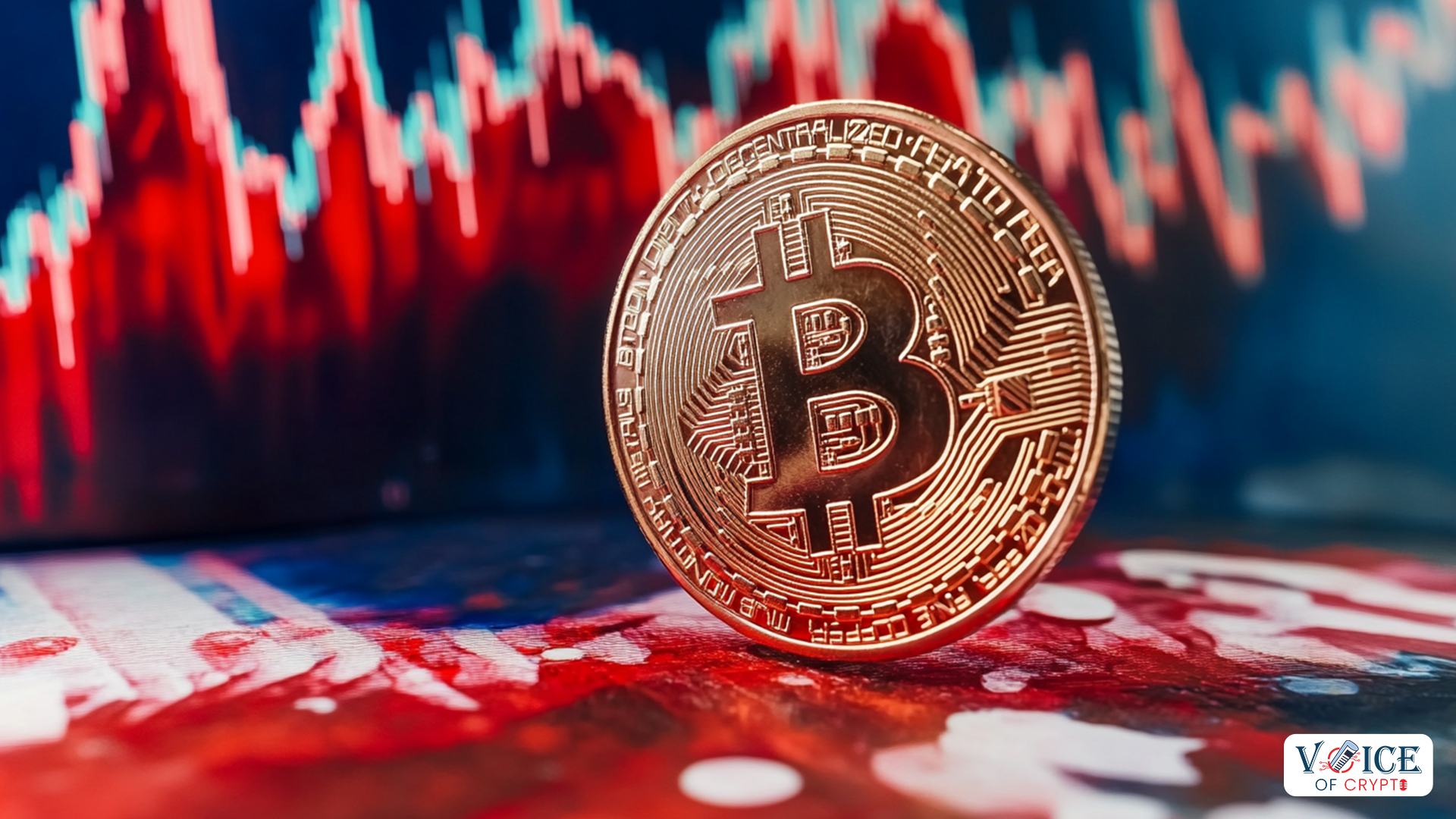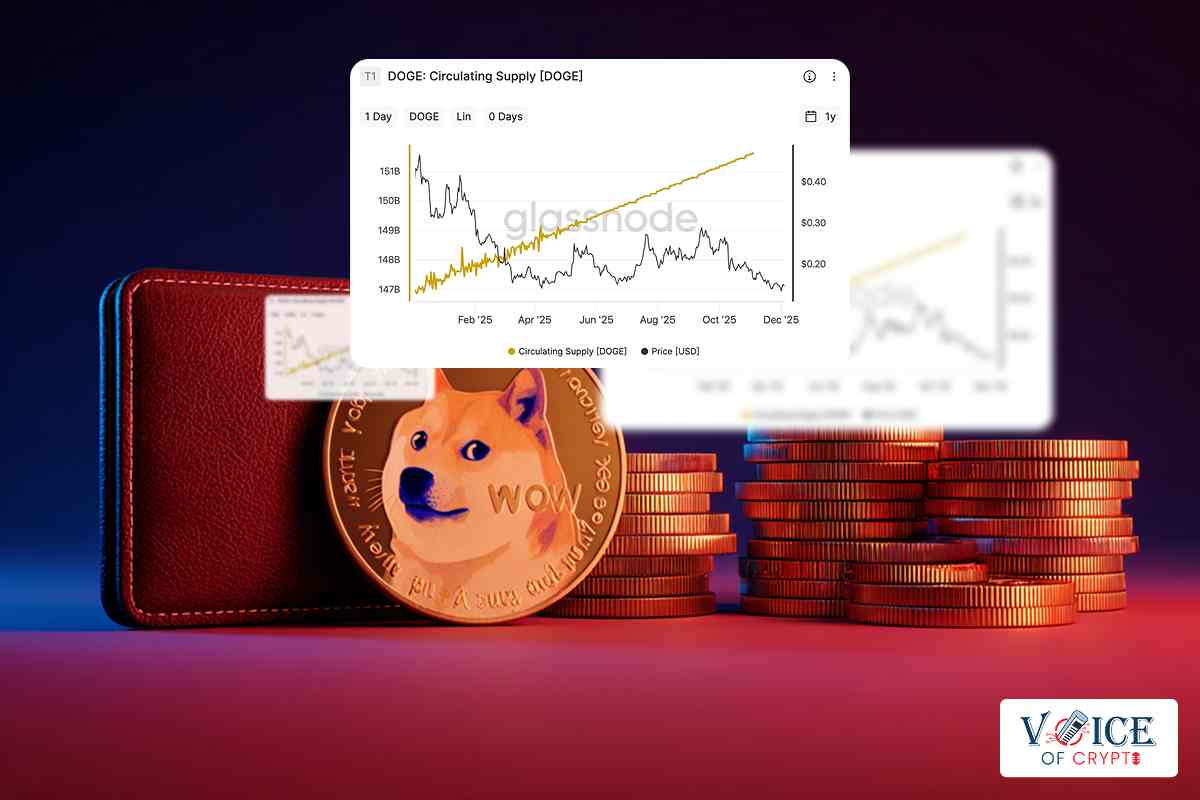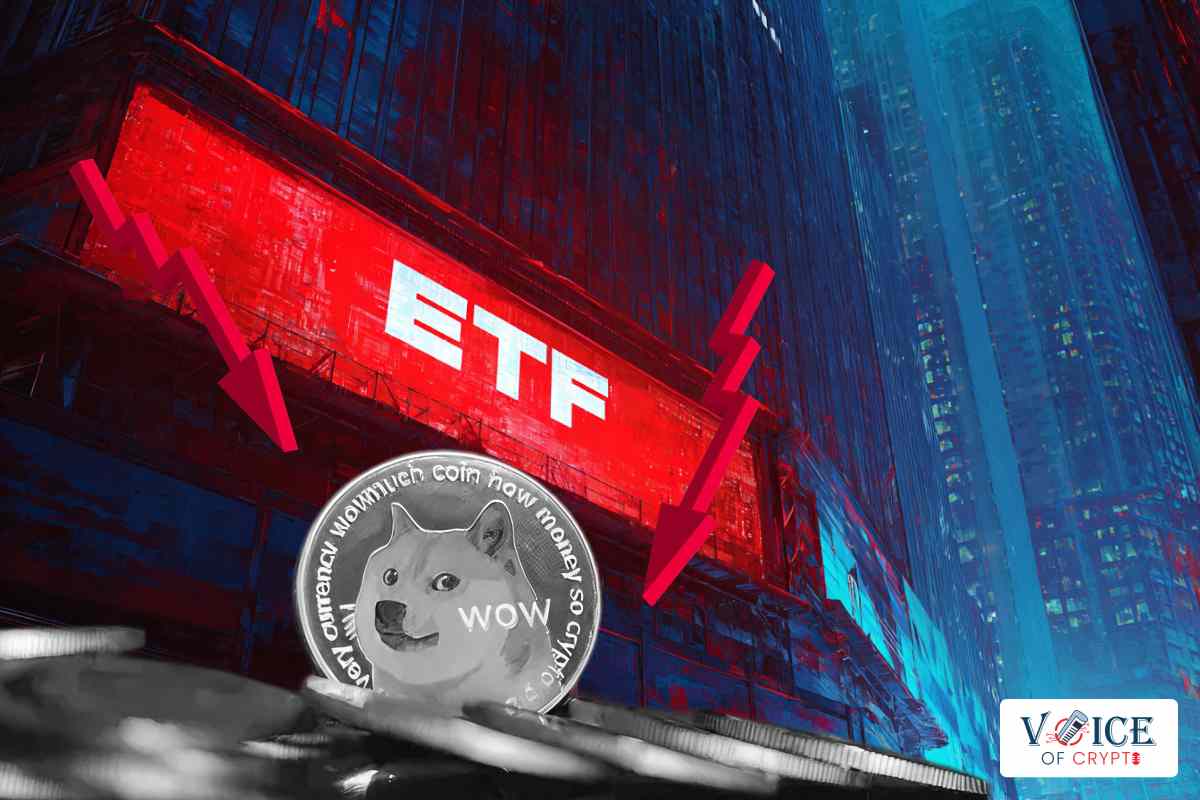Key Insights
- Polygon has transitioned from $MATIC to $POL as its native token this week.
- The migration is automatic for most MATIC holders. However, holders on Ethereum or certain exchanges may need to migrate manually.
- There’s currently no deadline for the migration, but MATIC holders should remain vigilant.
- MATIC/POL is set to rebound soon and begin a rally to $1.
The Polygon network has just hit one of the biggest milestones since its launch.
The Ethereum scaling solution has completed its transition from the well-known $MATIC token to a new native token called POL.
This migration is a vital part of the Polygon 2.0 roadmap and is one of the most significant shifts towards Polygon’s future.
What does this mean for the ecosystem and for you as a user/investor? Here’s everything you need to know.
Understanding the MATIC to POL Migration
According to Polygon Labs’ announcement, the transition from $MATIC to $POL will phase out the former as the blockchain’s native token.
The latter will take over as the main token used for transactions, gas fees and staking within Polygon’s proof-of-stake chain.
It’s official. The MATIC to POL upgrade is now live, after a year of community-led discussions and consensus
What happens now? Starting today, every transaction on Polygon PoS uses the hyperproductive token as the native gas and staking token.https://t.co/j6vlMTh9ZX pic.twitter.com/hx9l7GS4zv
— Polygon | Aggregated (@0xPolygon) September 4, 2024
The announcement also emphasized that this migration is more of a foundation for the Polygon 2.0 era, which will introduce zkEVM technology to the mix.
This shift towards POL is driven by the blockchain’s ambition to evolve into a more scalable blockchain.
However, the new token will offer more utility than MATIC, including the ability to secure multiple chains under the Polygon umbrella.
It is also similar to the original token in that it allows validators to stake their tokens to participate in the network and earn rewards.
However, POL takes things a step further by enabling restaking—which means that validators can stake their holdings not only to secure the primary PoS chain, but also to secure others within the Polygon supernet.
So, What Do You Need Do?
You don’t need to do anything for the most part.
For many MATIC holders, the migration process is seamless and might not require any action.
For example, if your MATIC is on the Polygon proof-of-stake chain, your tokens will be converted automatically into POL once the migration is complete.
However, MATIC holders whose coins are on the Ethereum network will need to manually migrate their tokens to POL.
This can be done using the Polygon Portal Interface or via this migration contract, which allows users to make the switch permissionlessly (even though this method is only recommended for advanced users).
POL Upgrade | Everything to Know
Users w/ MATIC on Ethereum can upgrade today via Polygon Portal Interface: https://t.co/Ibs1ONels1
There is no deadline for users to upgrade. All MATIC on Polygon PoS & staked MATIC on Ethereum will upgrade automatically on Sept 4. pic.twitter.com/qKnyYFrlqH
— Polygon | Aggregated (@0xPolygon) August 27, 2024
Holders who have their MATIC on the Polygon zkEVM and Centralized Exchanges might have to take extra steps.
Holders who fall into this category might need to bridge their tokens to Ethereum or follow specific instructions from their exchanges to make the upgrade.
Finally, holders who keep their MATIC in hardware wallets like Ledger might need to convert their tokens manually.
There are currently no detailed instructions as of yet. However, it might be better to stay updated via the official Polygon Twitter (X) handle.
Is There a Deadline for Migration?
There is no deadline for this MATIC—POL migration, at least not according to the official announcement.
However, Polygon has mentioned that it intends to set a deadline in the future.
With this in mind, MATIC holders should consider staying informed and acting accordingly.
Here’s What To Know About Price
The upgrade is set to have no effect on pricing, which means that the price of MATIC is the price of POL.

Polygon’s price performance
The upgrade announcement has had a minimal effect on Polygon’s price, as shown above.
The cryptocurrency is down by a small 0.22% over the last 24 hours but an even more severe 13.37% in the previous seven days.

Polygon’s price action
According to the charts, the cryptocurrency is bearish because of the ongoing post-breakout correction from the falling wedge above.
MATIC/POL has now successfully retested the $0.3361 support and is set to rebound soon.
So far, some of the major price resistances to watch include $0.5420, $0.7, $0.8173, $0.93 and $1.
Disclaimer: Voice of Crypto aims to deliver accurate and up-to-date information but will not be responsible for any missing facts or inaccurate information. Cryptocurrencies are highly volatile financial assets, so research and make your own financial decisions.









